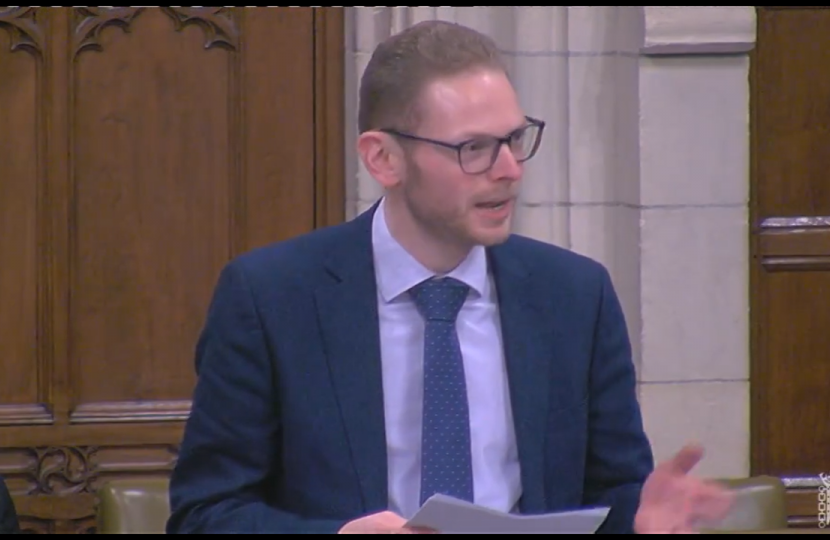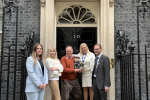
As of this month, we will finally be seeing less of those silver cannisters littering our neighbourhoods. That’s because possession of nitrous oxide or laughing gas has become illegal and dealers can now face up to 14 years behind bars. And this comes just weeks after we banned zombie-style knives and machetes. These are sensible and long overdue measures that will tackle street violence and anti-social behaviour.
Another smart move that would really help make our streets safer, in areas like Stoke-on-Trent which I represent, is reclassifying monkey dust. This horrific drug is ruining lives and tearing apart our communities. I have seen reports of people starting fires, jumping off buildings, eating through a glass shop window, and even dropping dead from taking it. Many people are found sitting or lying in the middle of the road in a comatose state, and I have had constituents telling me that they feel unsafe walking amongst literal “zombies” on the streets. It is behind serious violent crime and anti-social behaviour in our city, and it’s putting a massive burden on our police and paramedics.
Sadly, Stoke-on-Trent has been labelled UK capital of monkey dust, and the problem is that it’s too cheaply and readily available. Unbelievably, you can get a hit for as little as £2, cheaper than half a pint at some pubs. And that’s why I am doing everything I can to get it reclassified to a Class A drug, putting it alongside heroin and cocaine. At the moment, monkey dust is a Class B drug, which means you’d get a maximum sentence of 14 years and a fine if you make it or deal it. If we can change it to Class A, dealers would face up to life in prison, meaning that those who make and peddle this life destroying drug will receive the harshest of sentences. Reclassification will drive up the costs and consequences.
I have taken this campaign to the heart of government, including securing a debate in Parliament recently in which the Policing Minister committed to formally reviewing monkey dust and other so-called synthetic cathinones. Now, I’m working with local services in the city to put together the data and evidence for the review.
I also recognise that solving this problem is not just about enforcement. Yes, we must give our police and courts the tools they need to do their job — but we need a rounded approach, and that includes a combination of medical treatment and support for addicts alongside harsher sentences for those callous dealers. The good news is that Stoke-on-Trent has been allocated £5.3 million from the government to tackle drug misuse, and help those damaged by monkey dust with their recovery.
There is a national urgency to kick monkey dust out of our communities, and reclassifying it is a no brainer. It will choke of its supply, drive up its cost, and put gangs and dealers out of business.
